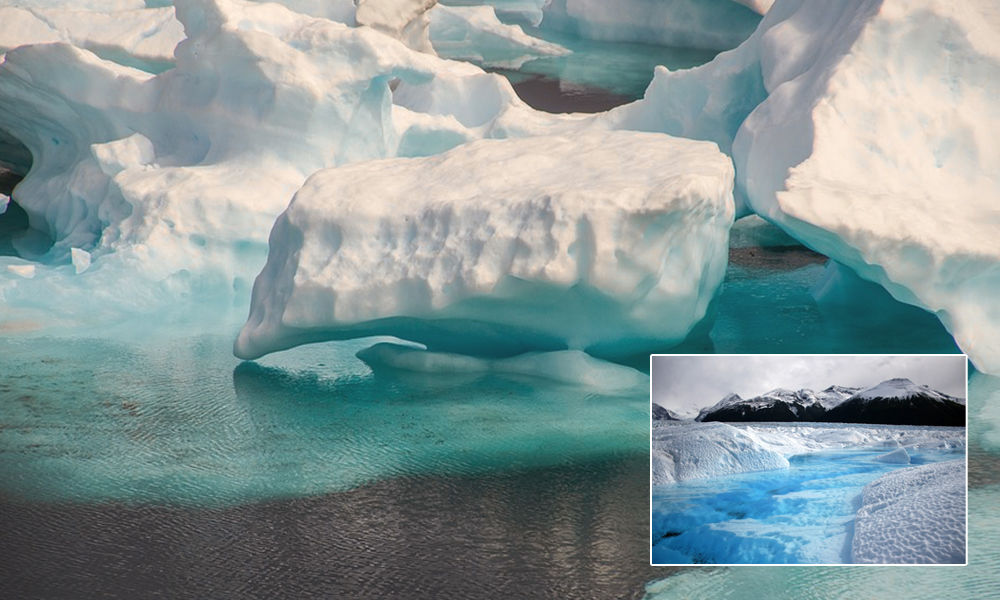A recent study published in the journal Nature has compared Earth’s current situation to the 1,27,000-year old ice age. The study has revealed that in the coming 15 years, Arctic sea ice could disappear into the ocean.
As per researchers, Earth is going through another interglacial period called Holocene.
Researchers Dr Louise Sime and Dr Maria Vittoria Guarino said that the sea ice completely melted in the interglacial period — a geological period between an ice age.
However, researchers claim that unlike 1,00,000 years ago when a different configuration of Earth’s orbit around the sun caused tremendous increase in temperatures, today it is caused due to human activity.
As per the National Snow and Ice Data Centre, sea ice helps keep temperatures lower as it reflects 80 percent of sunlight.
The rising global temperature essentially means that sea ice is rapidly melting. NSIDC said that in June 2020, sea ice levels were at record-levels. It was the earliest in the year that the Northern Sea Route has ever been ice-free.
‘We know the Arctic is undergoing significant changes as our planet warms. By understanding what happened during Earth’s last warm period we are in a better position to understand what will happen in the future,’ said Dr Louise Sime, the group head of the Paleoclimate group and joint lead author at BAS.
She added, ‘The prospect of loss of sea-ice by 2035 means we should really be focusing all our minds on achieving a low-carbon world as soon as humanly feasible.’
Also Read: Air Pollution Is Having Adverse Effects On Wild Honey Bees: Study












